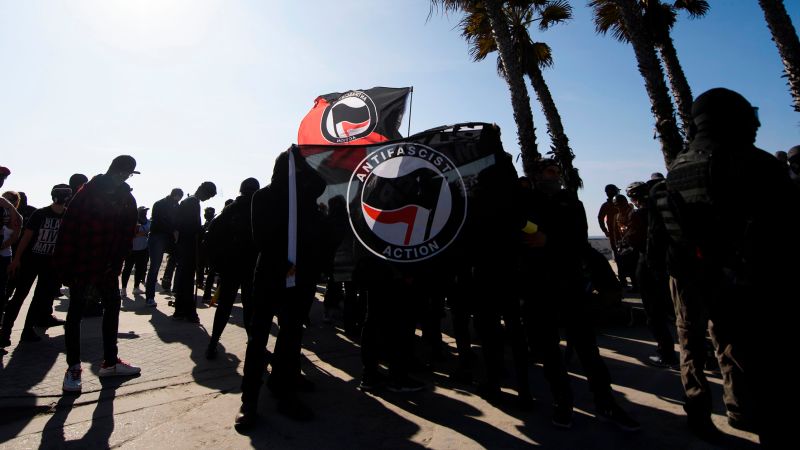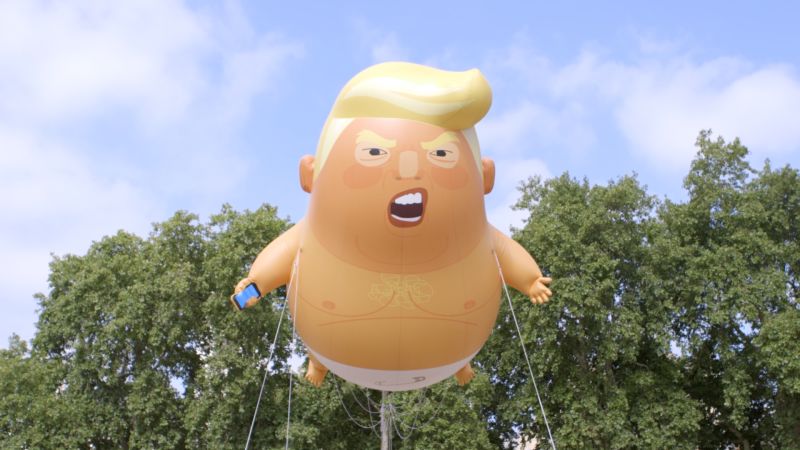
Debating the Labeling of Antifa as a 'Terrorist Organization'
Opinion | 9/18/2025
President Trump has recently stirred controversy by labeling Antifa, a self-described anti-fascist movement, as a potential “major terrorist organization.” The term “Antifa” typically refers to various groups of black-clad leftists or anarchists who often appear at demonstrations against law enforcement or governmental actions. While the movement primarily aligns with anti-fascist ideologies, it has been widely criticized and labeled as a terrorist organization by some on the right, including President Trump, who use it as a broad umbrella term encompassing diverse left-wing protests.
Antifa, short for “anti-fascist,” traces its origins back to the early 20th century in Europe, where groups formed to combat rising fascist ideologies. In the contemporary United States, Antifa has gained attention for its confrontational tactics during protests, sometimes leading to clashes with law enforcement or counter-protesters. This has fueled a polarized debate over the group’s methods, with some viewing them as defenders of civil liberties against far-right extremism, while others condemn their perceived use of violence and disruption.
Critics of Antifa argue that the movement’s tactics, which can involve property damage and physical altercations, undermine peaceful protest and promote an atmosphere of chaos. Proponents, however, contend that Antifa serves a vital role in combating hate speech, white supremacy, and fascist ideologies. The movement’s decentralized structure and lack of a central leadership make it challenging to define or hold accountable as a cohesive entity, leading to varied interpretations and responses from different political perspectives.
In response to President Trump’s assertion that Antifa could be classified as a “major terrorist organization,” legal experts have raised concerns over the legal complexities of such a designation. Designating a domestic group as a terrorist organization carries significant legal implications, including potential restrictions on their activities and increased law enforcement scrutiny. The debate over how to address political extremism and violence in the context of free speech and civil liberties remains a contentious issue, highlighting the ongoing challenges in balancing security concerns with constitutional rights.

